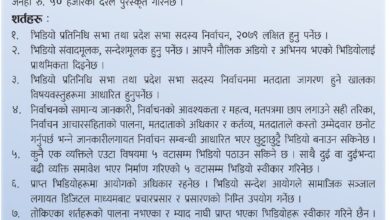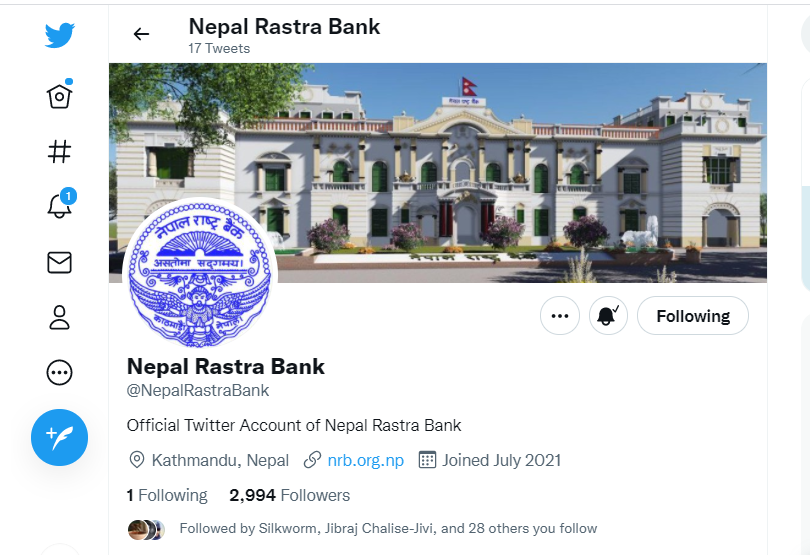Unmasking the Shadows: Battling Advanced Persistent Threats in the Cyber Realm in Nepal

Nepal faces the growing challenge of advanced persistent threats (APTs) in its cyberspace. This article explores the urgency of battling APTs to protect national security, ensure economic stability, and preserve personal privacy in Nepal.
The fast advancement of technology in today’s linked society has resulted in several benefits and possibilities. However, as technology advances, the possibility of cyberattacks grows. Nepal, like many other countries, has been a target for cyber-advanced persistent threats (APTs). These sophisticated attacks represent a huge threat to the security and growth of the country. In this essay, we will look at the characteristics of APTs and the need of combating these threats in order to protect Nepal’s internet.
Understanding Advanced Persistent Threats (APTs):
Long-term, covert assaults carried out by highly competent and determined attackers constitute Advanced Persistent Threats. These threats are distinguished by their ability to circumvent typical security measures and remain undiscovered for lengthy periods of time. APTs frequently target specific businesses or governments in order to obtain illegal access to sensitive data, impair key infrastructure, or commit espionage.
APTs in Nepal:
Nepal, as a fast digitizing country, is becoming increasingly exposed to APTs. The country’s increasing reliance on digital platforms, e-government efforts, and the proliferation of mobile devices has increased the attack surface. While particular APT attacks in Nepal have not been extensively reported, it is critical to remember that both state-sponsored and non-state actors are always probing for weaknesses in Nepal’s cyberspace.
The Threat Landscape:
Knowing that APTs are continually changing, it is difficult to detect and attack them efficiently. They use a variety of techniques, such as spear-phishing, social engineering, malware, zero-day vulnerabilities, and other advanced methods. These assaults can have serious implications, including data breaches, financial loss, reputational harm, and the interruption of key systems.
The Importance of Battling APTs in Nepal:
National Security: Cyberattacks can jeopardize a country’s security and sovereignty. APTs aimed at government institutions, military infrastructure, and essential industries such as energy, banking, and healthcare can have serious consequences for national security. Nepal can preserve its key assets and maintain its sovereignty by combating APTs.
Economic Stability: Cyberattacks against financial institutions, corporations, and e-commerce platforms have the potential to destabilize the economy. A successful APT assault can result in financial losses, deterioration of public confidence, and deterrence of foreign investment. Nepal can build a safe digital environment that fosters economic growth and stability by proactively combating APTs.
Protecting Personal Privacy: APTs can compromise people’ personal information, including financial information, health records, and private conversations. Personal privacy must be protected in order to retain public trust in digital services and encourage individuals to embrace the benefits of a connected society.
Preserving Critical Infrastructure: APTs are a serious threat to Nepal’s key infrastructure, which includes power grids, transportation networks, and telecommunications systems. It is critical to protect these infrastructures from cyber attacks in order to ensure ongoing service and public safety.
Strategies to Battle APTs:
Investing in strong Cybersecurity Measures: Nepal must invest in strong cybersecurity measures such as intrusion detection systems, firewalls, safe network architecture, and regular security audits. Collaboration between the government, the corporate sector, and cybersecurity professionals can improve the overall resilience of the nation’s cyberspace.
Awareness and Education: By conducting cybersecurity awareness campaigns and training programs, people, organizations, and government agencies can be better equipped to spot and respond to APTs. Users’ vulnerabilities may be considerably reduced by educating them about typical attack vectors, safe online behaviors, and the significance of secure passwords.
International Teamwork: Because cyber dangers are global in nature, international collaboration is critical. To bolster its defensive capabilities against APTs, Nepal should aggressively engage in intelligence sharing, capacity building, and joint exercises with regional and global partners.
Incident Response and Threat Intelligence: Creating a specialized national-level incident response team as well as a consolidated threat intelligence platform will improve the country’s capacity to identify, respond to, and neutralize APTs. Sharing real-time threat intelligence and cooperation among many parties are crucial in combating these persistent attacks.
Hence, the fight against sophisticated persistent cyber attacks is a continuous problem for Nepal. Nepal can strengthen its cybersecurity infrastructure, safeguard individuals’ privacy, preserve key infrastructure, and ensure national security by recognizing the gravity of these threats and adopting comprehensive policies. Continued efforts to expose the shadows hiding in Nepal’s cyberspace will pave the path for the country to have a resilient and secure digital future.



